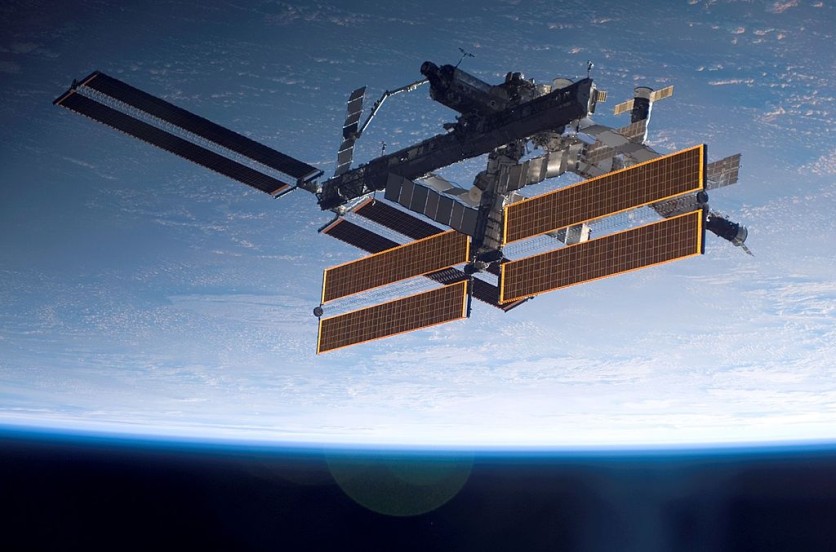Scientists have successfully grown mouse embryos aboard the International Space Station (ISS), hinting at the potential for humans to reproduce in space.
This monumental achievement, led by Teruhiko Wakayama, a molecular biologist at the University of Yamanashi's Advanced Biotechnology Center, in collaboration with the Japan Aerospace Space Agency (JAXA), marks a significant step forward in our understanding of how mammalian development occurs in microgravity.
These findings could be vital in future space exploration and colonization missions.

Historic Space Study
Space.com tells us that the study, the world's first to culture early-stage mammalian embryos under complete microgravity conditions, involved the transportation of frozen mouse embryos to the ISS aboard a SpaceX Falcon 9 rocket in August 2021.
Once onboard the ISS, astronauts employed a specialized instrument to thaw the embryos, allowing them to initiate their development.
Over four days, the astronauts monitored the embryos' growth under microgravity conditions. Upon their return to Earth, the embryos were meticulously analyzed and compared to their counterparts cultivated in normal gravity environments.
Interesting Findings
The results, published in the journal iScience, demonstrated that embryos grown under microgravity conditions developed into blastocysts—a crucial stage of embryonic development characterized by a cluster of dividing cells.
Remarkably, these microgravity-cultured blastocysts exhibited normal cell numbers, suggesting that gravity had no significant impact on their development and initial differentiation.
Moreover, the researchers found that these blastocysts could develop into mouse fetuses and placentas without any significant alterations in DNA or changes in gene expression.
This observation is a substantial step toward confirming that blastocysts cultured in microgravity conditions are indeed "normal."
This is "the first-ever study that shows mammals may be able to thrive in space," the researchers said in a joint statement.
However, it is essential to note that the survival rate of embryos grown on the ISS was slightly lower than those cultivated under terrestrial conditions, highlighting the need for further investigation into the factors that affect embryo development in space.
What's Next?
The next step in this pioneering research will involve transplanting the blastocysts cultured in the ISS's microgravity into mice to determine if mice can give birth to offspring, effectively validating the normalcy of these embryos.
This study has far-reaching implications for the future of space exploration. As humanity prepares to return to the Moon through NASA's Artemis program, with ambitions to establish lunar camps and eventually venture to Mars, the possibility of human reproduction beyond Earth's surface is an exciting and thought-provoking concept.
The ability to reproduce in space could be a game-changer, allowing for longer stays and even permanent habitation in space.
As part of the Artemis program, NASA aims to send humans back to the Moon to learn how to live there long-term, with the ultimate goal of preparing for a mission to Mars.
Stay posted here at Tech Times.


![Apple Watch Series 10 [GPS 42mm]](https://d.techtimes.com/en/full/453899/apple-watch-series-10-gps-42mm.jpg?w=184&h=103&f=9fb3c2ea2db928c663d1d2eadbcb3e52)


